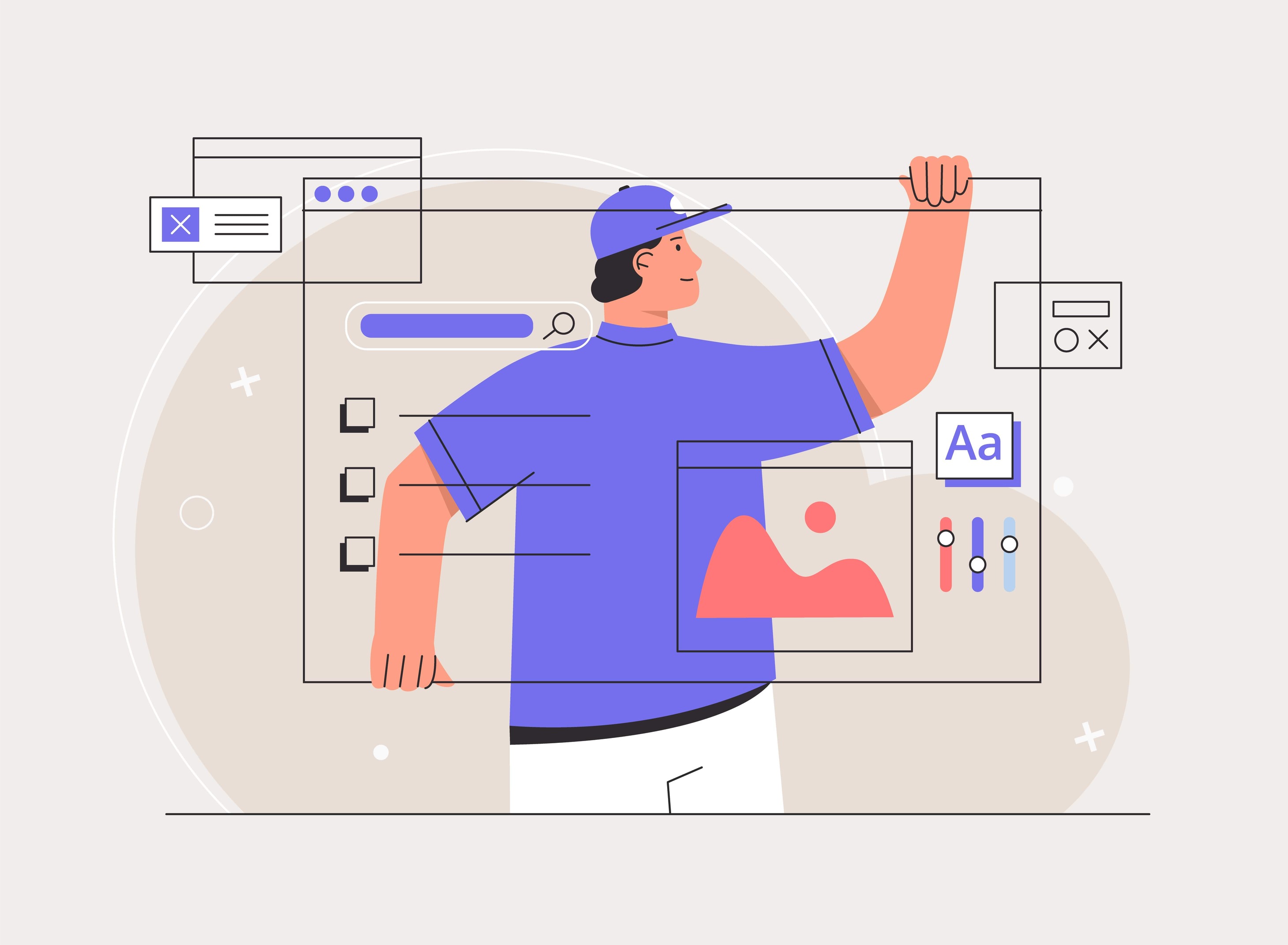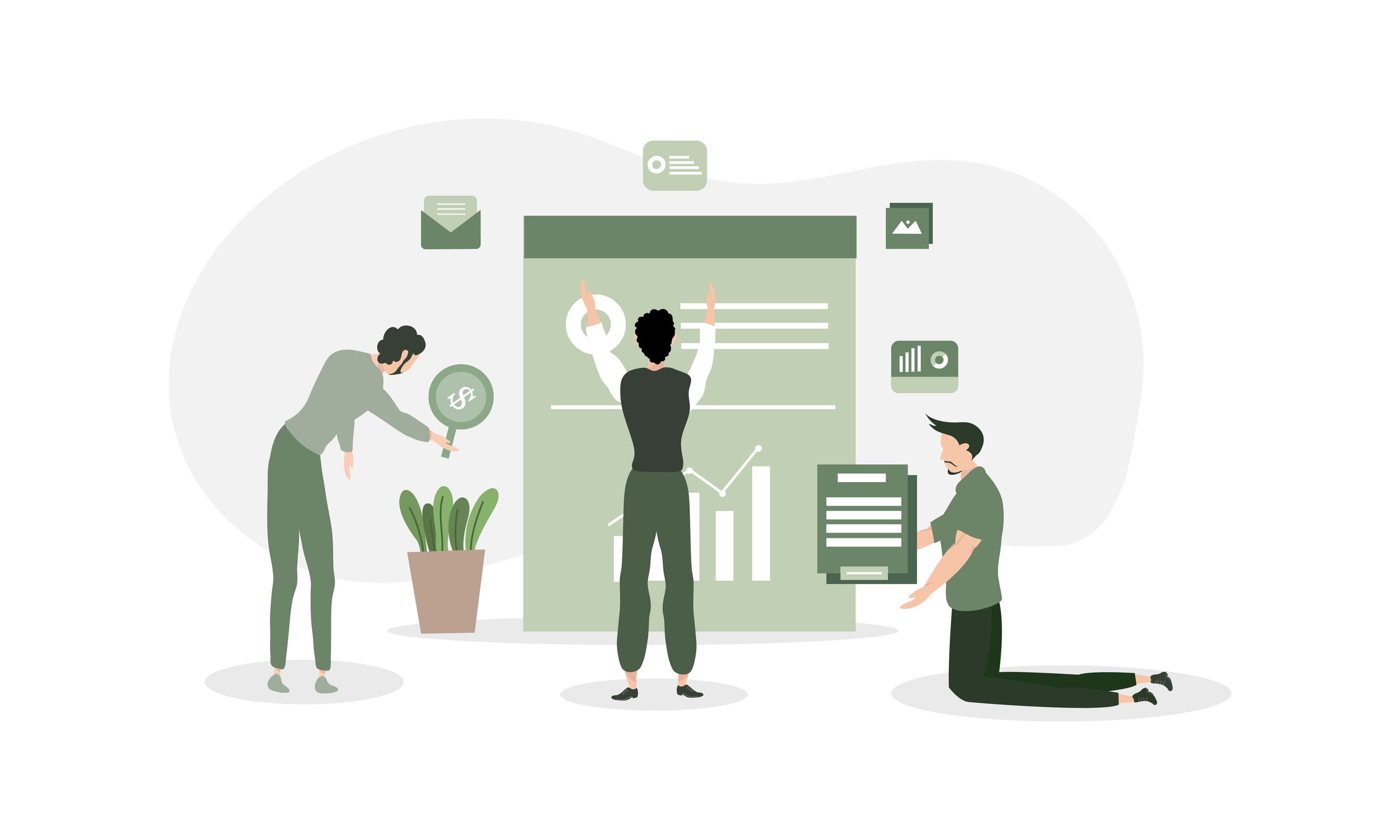Second-Hand Laptop - How to Choose Wisely and Save Big
Second-Hand Computers

 1611
1611 
Second-Hand Laptop - How to Choose Wisely and Save Big
Choosing a second-hand laptop can be a smart and economical move, especially when looking for a computer that fits the budget but still provides good performance. With the abundance of platforms for selling second-hand laptops, such as Yad2, Facebook Marketplace, and Extra, the market has become more accessible than ever. However, to ensure a worthwhile purchase, there are several steps to consider. In this article, we will provide in-depth information, examples, and updates that can help you choose wisely and save a lot of money.
Setting a Budget
The first and most important step before purchasing a second-hand laptop is to set a clear budget. A structured budget will allow you to focus on laptops that meet your needs without exceeding your financial options. Second-hand laptops can range in price from hundreds to thousands of shekels, depending on the brand, specifications, condition, and year of manufacture.
For example, if your budget is between 1,500 to 3,000 NIS, you could consider a computer like the Lenovo ThinkPad X1 Carbon with an Intel Core i5 processor, 8GB of RAM, and a 256GB SSD, which can cost around 2,500 NIS. If you are looking for a simpler solution for office or study purposes, a computer like the HP EliteBook 840 G5 with similar specifications may be slightly cheaper.
To find the best deals, compare prices on different platforms like Yad2, Facebook Marketplace, and others. Use online price comparison tools to ensure you are getting the best deal according to your budget.
Research and Check Specifications
Once you have set a budget, it’s time to research your options and check the technical specifications of the laptops. The technical specification of the computer is one of the most important factors to consider, as it affects the computer's ability to meet your needs.
Processor: The processor is the "brain" of the computer, so it’s important to make sure it’s strong enough for the performance you are looking for. Processors like Intel Core i5 and i7 are recommended for regular office work and many other uses, while more powerful processors like Intel Core i9 or AMD Ryzen are suitable for graphics, video editing, or gaming.
RAM: RAM affects the computer's ability to handle multiple applications simultaneously. Today, it is recommended to purchase laptops with at least 8GB of RAM. If you are working with heavy software like Photoshop or video editing programs, you should consider 16GB or more.
Storage Drive (SSD or HDD): SSD drives are significantly faster than HDD drives, so it’s better to prefer computers with SSD drives of at least 256GB. If you store large files, you might consider larger drives or even external storage.
Graphics Card: If you use software for video editing, 3D design, or gaming, it’s important to choose a second-hand laptop with a dedicated graphics card like NVIDIA or AMD. For example, a computer like the ASUS ZenBook UX333FA with a 13.3-inch screen, Intel Core i5 processor, 8GB RAM, and a 256GB SSD is suitable for office work but not for heavy editing.
Also check user reviews on technology websites to get feedback on specific laptops. For instance, a review of the Dell XPS 13 mentions that it is one of the best laptops on the market for those looking for a thin and light computer with strong performance.
Physically Checking the Laptop
One key point in purchasing a second-hand laptop is to physically check the laptop before buying. Whether you are buying from a private individual or an online platform, it’s important to ensure that the laptop is in good condition. Here are some points to check:
- Screen: Make sure the screen is free of cracks or defects, and that there are no dark areas or burnt pixels.
- Keyboard and Touchpad: Check that all keys are functioning smoothly and that the touchpad responds properly.
- Ports: Check that all ports (USB, HDMI, headphone jack, etc.) are working. Try connecting an external device to the ports to ensure they are functioning.
- Battery: The condition of the battery is particularly important. In second-hand laptops, the battery can often be worn, so it's wise to check how long it lasts between charges. For example, if you are considering purchasing an HP EliteBook, ask the seller to check the battery life.
Alongside these checks, be mindful of signs of wear such as scratches, cracks, or other marks that may indicate heavy use or drops in the past.
Tips for Smart Buying
To ensure you are making a smart purchase, here are some additional tips:
- Price Comparison: Compare prices among different websites and sellers to find the best price. For example, the Lenovo ThinkPad X1 Carbon may be sold at varying prices depending on the platform.
- Negotiation: Don’t hesitate to negotiate with the seller and ask for a discount. In many cases, especially for a second-hand laptop, there’s room for bargaining.
- Request Warranty: Even if it’s second-hand, ask the seller to provide a short warranty period (even 30 days), which will give you added assurance.
- Use Trusted Platforms: Use reputable sites like Yad2, Facebook Marketplace, or Extra. These platforms provide additional security measures such as seller ratings and recommendations.
Facts and Trends in the Laptop Market
Here are some current facts and trends regarding the laptop market in Israel that may help you understand the market situation and make an informed decision:
- The laptop market in Israel is growing, with a projected annual average growth rate (CAGR) of 3.4% between 2023 and 2027. It is estimated that the market will reach approximately 380 billion dollars in the coming years.
- Approximately 60% of residents in Israel own a laptop, with about 20% of the computers purchased by businesses.
- About 80% of laptops in Israel are purchased through online platforms, and most of them are second-hand.
- The most popular brands in Israel are HP, DELL, and Lenovo, with a growing demand for ultra-thin and lightweight laptops.
Future Trends
The laptop market continues to evolve and change, with new trends beginning to enter the market. One prominent trend is the rise in popularity of foldable laptops, laptops with touch screens, and advanced AI capabilities. Additionally, there is a growing demand for laptops with machine learning capabilities and laptops with high graphical performance.
Conclusion
Purchasing a second-hand laptop can be a smart and successful financial decision, but it’s important to act carefully and follow the guidelines mentioned in this article. Setting a budget, conducting thorough research, physically checking the laptop, and using reputable platforms – all these are important steps that will ensure you purchase a quality laptop that will provide good performance over time.






